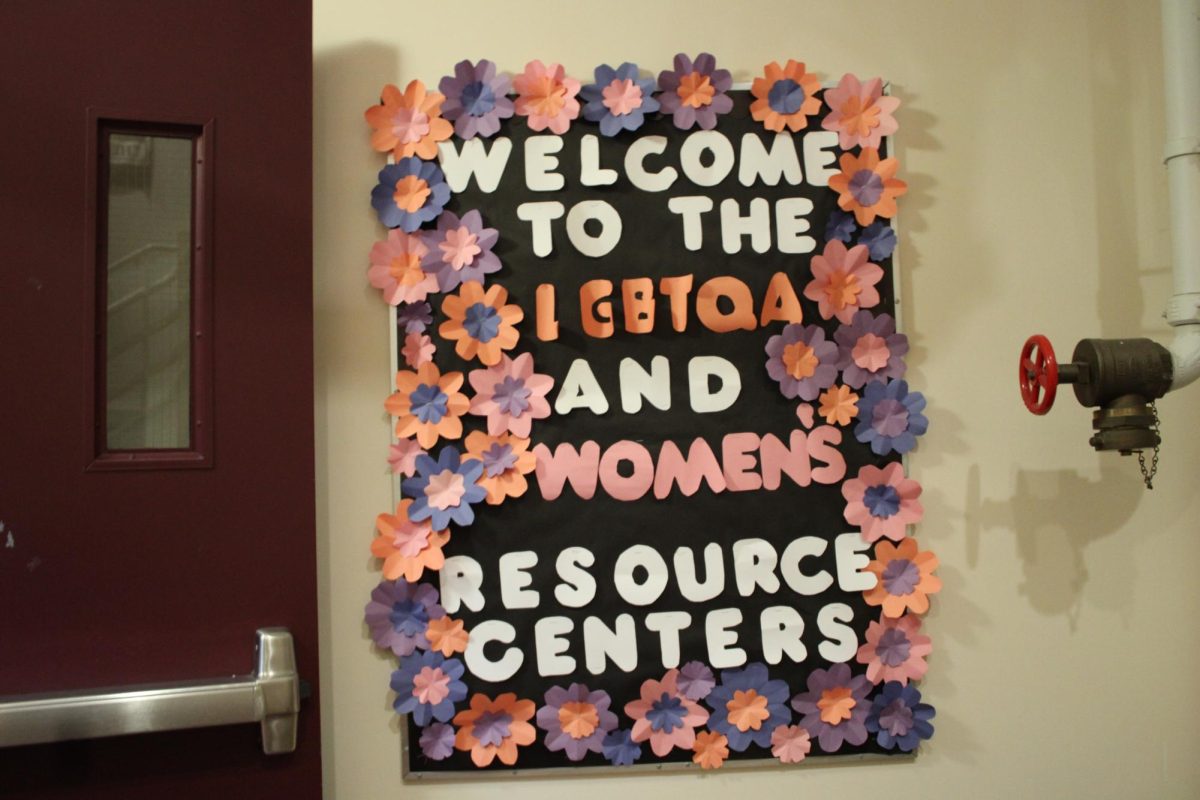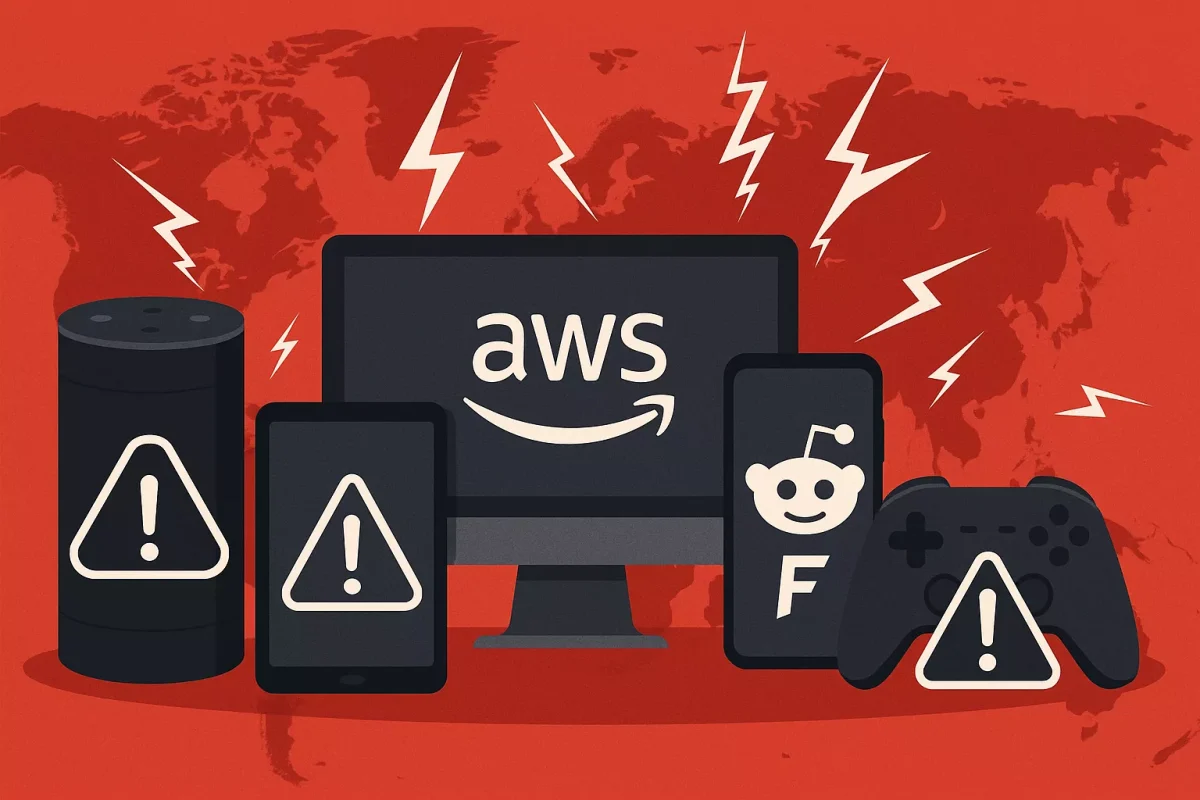Last Word
Abortion: you already made your choice
October 10, 2019
Last week’s First Word article brought up the controversial topic of abortion. I would like to begin by acknowledging that abortion is not a partisan issue, but a moral one.
The following article and last week’s First Word should not be representative of the entire Democratic or Republican platforms as each individual in these platforms has their own beliefs and ideals.
That being said, one of the biggest points discussed was the new bans and laws that have been put into place by none other than men.
While men can’t carry a child themselves, it should be common knowledge that it takes two to tango.
Last week’s First Word criticized the fact that many abortion clinics require approval by the father before being able to have the procedure.
Men are legally and financially liable to care for a child when they are court ordered to pay child support, even if they did not choose to have the child.
However, when these roles are switched and the woman carrying the child is the one who doesn’t want it, a double standard is seen.
Regardless of the father’s wishes, the mother is given the final decision, rightfully so. However, there are complaints about men making choices for women, but what about when a woman makes the choice for a man?
If the father wants to care for and be present in the child’s life once it is born, why should that right be taken away when the mother doesn’t want to carry the pregnancy to term?
Single dads exist too, and both parties should have a say in what happens to their genetic material. It is understood that abortion goes on a case by case basis, especially when rape and incest become factors.
In these cases, the father should not be given a say in what happens to their genetic material.
I agree that nobody should be told what to do with their body, however, in the topic of abortion it’s more than just one person’s body.
According to the US Department of Health and Human Services – Office on Women’s Health, a fetus’s brain, spinal cord, heart, arms, and legs begin to form at a mere four to five weeks.
At eight weeks, a regular heartbeat has begun and fingers and toes begin to form. At 12 weeks, the fetus’s nerves and muscles begin to work together and the fetus can form a fist.
At 20 weeks, a fetus can hear. At 24 weeks, a fetus develops taste buds, fingerprints, and footprints.
At 32 weeks, a fetus’s bones are fully formed and it’s able to open and close its eyes. All of this happens before a fetus is considered full term at 39 weeks.
Recent heartbeat laws, which protect a fetus from abortion once a heartbeat is detected, have also been under fire. States such as Georgia, Kentucky, Louisiana, Missouri, Mississippi, and Ohio have passed laws that prohibit abortion after a fetus’s heartbeat is detected at six to eight weeks.
It is practically impossible and a rare medical anomaly for a human to have two hearts. These heartbeat bills were put into place by people who see the value of a heartbeat.
There is no definition of life that everyone can agree on, but many people seem to believe that if someone’s heart is still beating that means they are alive.
Why should it matter if that heartbeat is coming from inside the womb?
More criticism went towards the information given to prospective abortion patients. Anyone who is considering surgery of any kind is sat down and told both the benefits and risks of having the procedure.
If any of the risks mentioned deter a woman from having a procedure of any kind, that is her choice. In terms of abortion, the National Center for Biotechnology Information (NCBI) states, “the severity of the possible complications and patients’ wishes and competencies have an important role… low risks should always be communicated when there are alternatives for the intervention or when the patient may prevent or mitigate the risk.”
The National Abortion Federation (NAF) has an entire page dedicated to discussing the risks of abortion, which include blood clots, excessive bleeding, tears in the cervix, and severe pain, among many others.
NAF even discusses the psychological risks, with the most common being depressive feelings. A doctor explaining both physical and psychological risks of any medical procedure is not emotional manipulation, but giving the patient the option and the opportunity to weigh the benefits against the risks.
I agree with last week’s First Word that the foster care system is flawed. However, I feel like a flaw-ridden system is no excuse for ending a would-be life.
According to the Child Welfare Information Gateway, there were 442,995 children aged infant to 18 placed into foster care in 2017. An estimated 247,631 of these children were taken out of the foster care system in the same year and 49% were reunited with their birth families.
The highest amount of time spent in the foster care system is under a year, with 34% leaving within 1-11 months of being placed into the system.
Furthermore, the average age for children entering the system is 6.1 years old. Newborn infants who are placed into the system are put into private adoption agencies directories and are found homes faster than the average foster care child.
Infants entering the system hardly ever return to their birth families because they are put into the system at that age to find an adoptive family.
Yes, the foster care system is flawed, but children put into the system are given a chance to live and that’s more than some children will ever get.
Abortion is a sensitive and controversial issue that has been rocking our world for decades. The reason it has been rocking us is because life is a precious gift that we were all blessed to receive.
If you are not ready to bring a life into this world please take measures to prevent it. It is understood that there are cases where a fetus is conceived non-consensually, such as rape, where contraceptives cannot be obtained.
However, these instances account for only 1% of abortions according to the Guttmacher Institute. The majority of women who get abortions simply are not ready to have a child.
If you’re not ready to have a child, you should be safe, smart, and responsible and take measures to protect yourself.
Pro-Choice states that women should be able to choose, but the reality is that they already made their choice.
Finally, the use of profanity detracts from the subject at hand, and we (as educated individuals) should refrain from using such language in these articles.
Olivia is a sophomore Political Science major and treasurer of the BU Republicans.





















